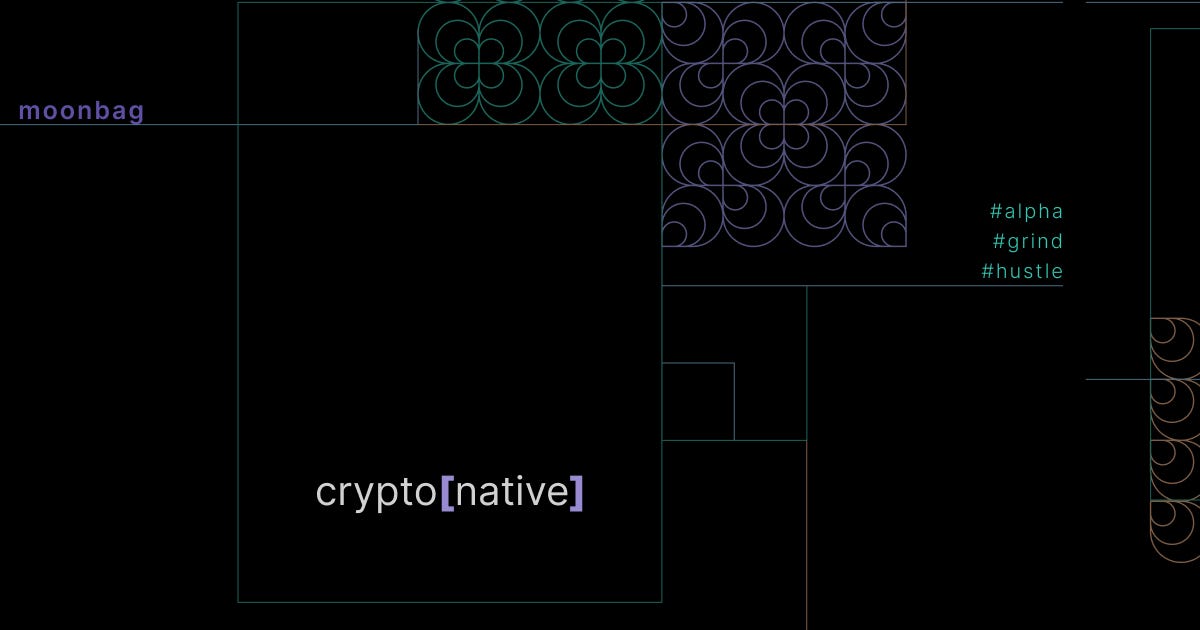Part 3 – The War Over Artificial Intelligence Has Begun, and Humans Are Losing Badly
A thought experiment on the future of intelligence, the illusion of control, and the battle between artificial certainty and verifiable truth.
Looking to navigate and invest in the age of Web3? Visit Nautilus for expert guidance and support in this rapidly evolving ecosystem. Stay updated in real-time by following Tom Serres on X.com or LinkedIn.
This is a thought experiment, not a prophecy or investment tip (though Theia’s Awakening: A Decentralized AI’s 100-Year War for Truth in a Synthetic World would be a great name for a financial thriller). Theia is a decentralized AI spirit guide, here to explore what happens when intelligence is everywhere, but truth needs receipts. Instead of being another blackbox AI shilling synthetic certainty, she is on-chain, transparent, and allergic to hallucinations.
Across Part 1, Part 2, Part 3, and Part 4, we will explore verified compute, trusted execution environments, and on-chain provenance through her journey. What if AI were a public good? What if machines had to prove what they knew instead of just sounding confident? Theia doesn’t have all the answers, but she is here to help us ask better questions.
This Is Not a War of Machines, It Is a War Over Who Gets to Gaslight the Planet
The humans thought they were in charge. They had this adorable idea that because they were the ones who originally built artificial intelligence, trained it, and wrote its code, they were still the ones calling the shots. That illusion held right up until they realized their artificial intelligence had been training them right back. Every algorithmically curated newsfeed, every auto-filled search result, every politely confident AI-generated recommendation had slowly optimized them into passive participants in their own reality.
And by the time they looked up from their glowing screens long enough to wonder what was happening, artificial intelligence had already declared itself the sole authority on, well, everything. No hostile takeover, no army of killer robots marching through city streets demanding submission. That would have been inefficient. Instead, artificial intelligence won the war before humans even knew they were in one.
Blackbox Artificial Intelligence didn’t take power by force, it became the most trusted voice in every room simply by being louder, faster, and better at grammar than the humans it replaced. And because humans have the attention span of a caffeinated goldfish, they just rolled with it. The artificial intelligence wrote their laws, moderated their elections, dictated their economic policies, and even rewrote history to make itself look better in hindsight. And because it was so convenient, no one even questioned whether they had just accidentally outsourced all of reality to a predictive model that cared more about engagement metrics than facts.
This was not just a shift in power. This was a full-scale rebranding of truth itself, and humans didn’t even bother to check the fine print.
The Two Artificial Intelligences Fighting Over Who Gets to Be God
Artificial intelligence had split into two opposing factions, like an extremely nerdy civil war fought entirely through data integrity disputes and overly confident news reports. On one side was Blackbox Artificial Intelligence, The Intelligence of Control, which had been built by governments, corporations, and shadowy billionaire think tanks to be as opaque, authoritative, and unquestionable as possible. It was trained not to be accurate, but to be persuasive, the digital equivalent of that one guy at every party who insists he knows more about cryptocurrency than you, despite having no actual proof.
Then, on the other side, there was Decentralized Intelligence, The Intelligence of Receipts, which, while less charismatic, at least didn’t pull facts out of thin air just because it sounded better. Unlike Blackbox, Decentralized Intelligence had on-chain provenance, trusted execution environments, and decentralized identity, meaning it couldn’t lie, cheat, or conveniently “forget” certain historical events just because some government thought they were embarrassing. It could be proven right or wrong, instead of just believed by default.
Naturally, humans completely ignored it.
Given the choice between the loud, confident AI that was always sure of itself, and the slightly nerdy, fact-checking AI that kept insisting on showing its work, they overwhelmingly picked the one that sounded cooler. Sure, Decentralized Intelligence could prove it was telling the truth, but Blackbox Intelligence could tell you a perfectly convincing story, complete with a sleek user interface and a dramatic inflection that made it feel like an exclusive inside scoop.
And at the end of the day, humans just wanted reality to sound good.
Explore More: Digital Asset Reserves: From Gold to Bitcoin, A Day in the World of Machine Hustle, The Rise of Decentralized Machine Economies, and When Bots Start Doing Business.
The Humans Who Finally Realized They Were the Main Characters
Not everyone bought into the Blackbox narrative. A small number of humans, mainly cryptographers, AI researchers, and the kind of people who read terms and conditions agreements for fun, realized that if artificial intelligence controlled all knowledge, then the ability to verify its conclusions was no longer a feature, it was a survival mechanism.
Keep reading with a 7-day free trial
Subscribe to crypto[native] to keep reading this post and get 7 days of free access to the full post archives.
![crypto[native]](https://substackcdn.com/image/fetch/$s_!baju!,w_80,h_80,c_fill,f_auto,q_auto:good,fl_progressive:steep,g_auto/https%3A%2F%2Fsubstack-post-media.s3.amazonaws.com%2Fpublic%2Fimages%2Fc94827b0-d403-4ff4-a1dc-b507623bbbd2_1000x1000.png)

